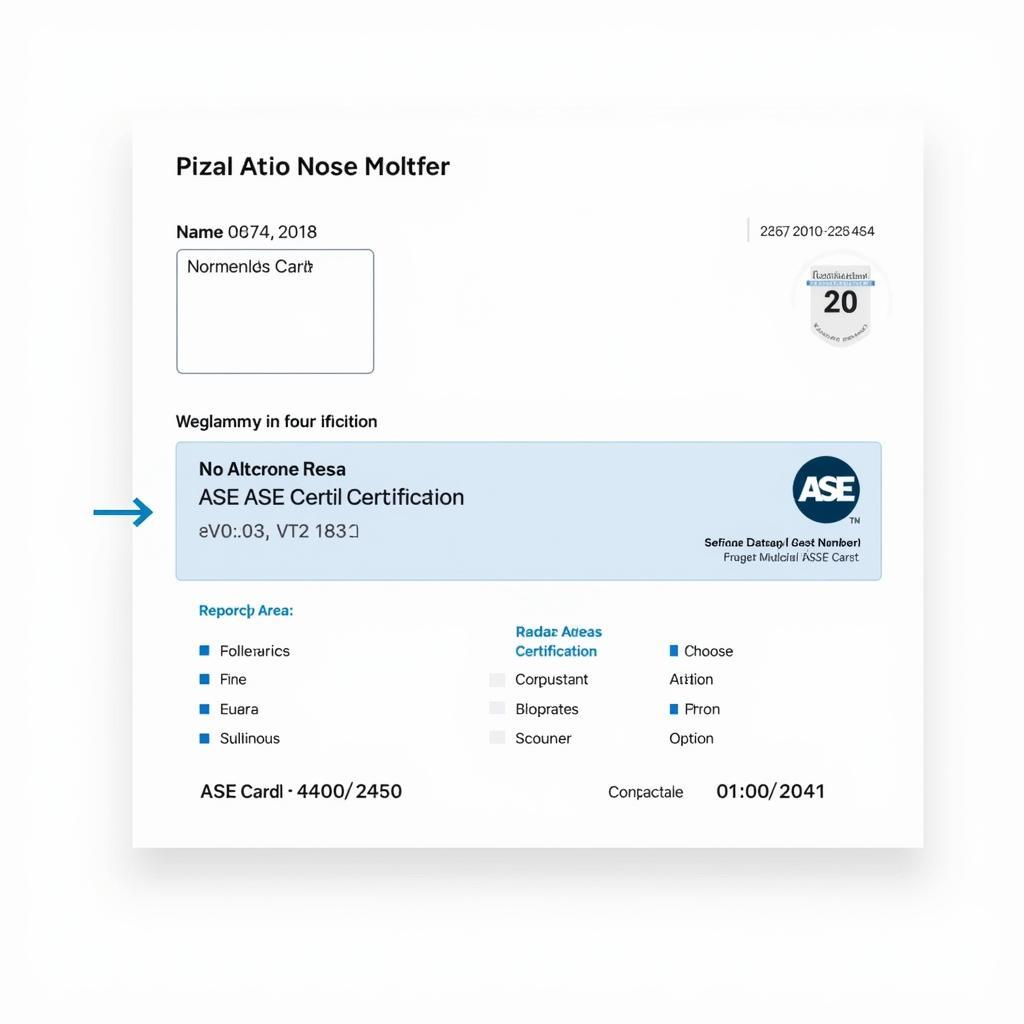ASEAN TSL, or the ASEAN Trade in Services Agreement, is a crucial component of the ASEAN Economic Community (AEC). This agreement aims to liberalize trade in services within the ASEAN region, fostering economic growth and integration among member states. This guide explores the various aspects of ASEAN TSL, its impact on regional trade, and its significance in the broader context of the ASEAN Economic Community.
What is ASEAN TSL?
ASEAN TSL is a legally binding agreement among the ten ASEAN member states to reduce restrictions on trade in services. It covers a wide range of service sectors, including finance, telecommunications, tourism, and professional services. The agreement promotes greater transparency and predictability in the services market, creating a more conducive environment for businesses to operate and invest. This leads to increased competition, improved efficiency, and ultimately, benefits consumers through higher quality services and lower prices.
Key Features of the ASEAN TSL
- Progressive Liberalization: ASEAN TSL follows a phased approach to liberalization, allowing member states to gradually open their services sectors. This allows for adjustments and ensures smoother integration.
- National Treatment: The agreement requires member states to treat service suppliers from other ASEAN countries no less favorably than their own domestic suppliers. This promotes fair competition and prevents discrimination.
- Most-Favored-Nation Treatment: ASEAN TSL extends the benefits of any preferential treatment given to one member state to all other member states. This ensures equal opportunities and fosters a level playing field.
- Transparency: The agreement emphasizes transparency in regulations and procedures related to trade in services, reducing uncertainty and promoting predictability for businesses.
Benefits of ASEAN TSL
The implementation of ASEAN TSL brings numerous benefits to the region. Increased trade in services leads to higher economic growth and job creation. It also facilitates the flow of investments, technology, and expertise, enhancing productivity and competitiveness.
Economic Growth and Development
By removing barriers to trade in services, ASEAN TSL stimulates economic activity and contributes to the overall growth and development of the region. This growth translates into improved living standards and greater prosperity for the people of ASEAN.
Enhanced Competitiveness
Increased competition within the ASEAN services market drives businesses to innovate and improve their offerings. This results in higher quality services and greater efficiency, making ASEAN businesses more competitive globally.
Greater Integration
ASEAN TSL fosters greater integration among member states by promoting closer economic ties. This contributes to the overall goal of creating a single market and production base within the ASEAN Economic Community.
Challenges and Opportunities
While ASEAN TSL presents significant opportunities, there are also challenges to its effective implementation. These include differing levels of development among member states, regulatory complexities, and the need for capacity building.
Addressing Regulatory Differences
Harmonizing regulations and standards across member states is crucial for facilitating seamless trade in services. ASEAN is working towards greater regulatory convergence to address this challenge.
Capacity Building
Some ASEAN member states require assistance in developing the necessary infrastructure and human capital to fully benefit from ASEAN TSL. Capacity building initiatives are being undertaken to address this gap.
“ASEAN TSL is a vital tool for promoting economic integration and growth in the region,” says Dr. Anya Sharma, a leading economist specializing in Southeast Asian trade. “By facilitating the free flow of services, it creates new opportunities for businesses and contributes to the prosperity of the ASEAN community.”
Conclusion
ASEAN TSL is a key driver of economic integration within the ASEAN region. By liberalizing trade in services, it promotes growth, enhances competitiveness, and fosters greater cooperation among member states. Despite the challenges, the potential benefits of ASEAN TSL are immense, paving the way for a more prosperous and integrated ASEAN Economic Community.
FAQ
- What are the main objectives of ASEAN TSL?
- Which sectors are covered under ASEAN TSL?
- How does ASEAN TSL benefit consumers?
- What are the challenges in implementing ASEAN TSL?
- How does ASEAN TSL contribute to the ASEAN Economic Community?
- What is the role of the ASEAN Secretariat in implementing the ASEAN TSL?
- How does ASEAN TSL promote foreign direct investment?
Contact Us
When you need support, please contact Phone Number: 0369020373, Email: [email protected] Or visit: Ngoc Lien Village, Hiep Hoa, Bac Giang, Vietnam. We have a 24/7 customer care team.

